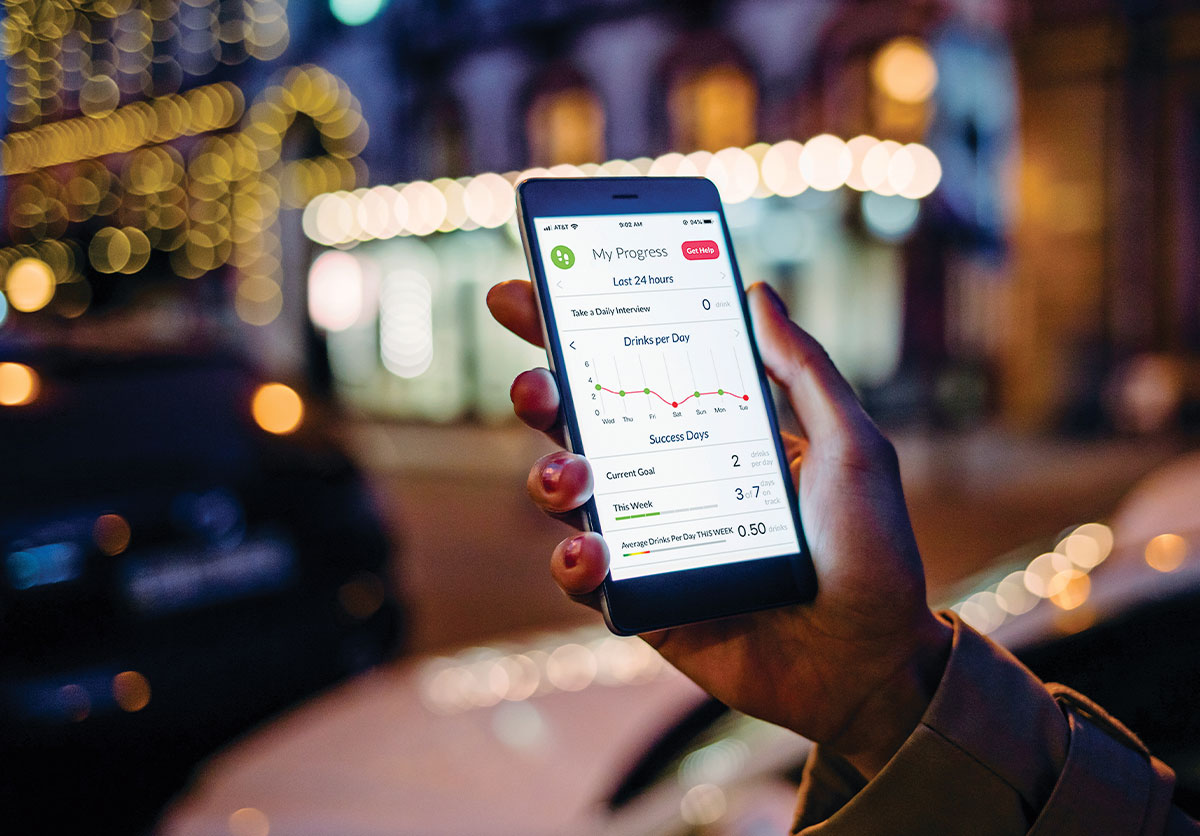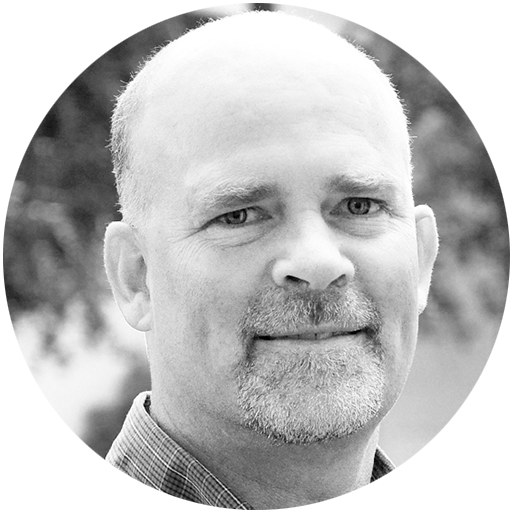have been a licensed psychologist and clinically focused researcher for more than 20 years and have spent the last 10 years working to bridge the gap between those who need alcohol addiction treatment and those who receive it. Of course, I am aware of the statistics around this issue; only about 10 percent of people who meet the criteria for an alcohol use disorder receive any type of help, whether it be through Alcoholics Anonymous, in-person counseling or an online group like Moderation Management. But what motivated me to pursue this problem was not the statistics, but the reaction I have frequently heard when talking to someone (client, friend, family member) about their problem drinking and the need to seek help. A typical conversation goes like this: “Sounds like your drinking is getting a little out of control. Have you considered getting some help?” “Oh no, I am not that bad,” or “I could never get up in front of a group of people and admit I am an alcoholic,” or “If it really gets out of control, maybe I will, but I am not there yet.”
The issue this brings up, by and large, is stigma. Most people harbor beliefs that people with an alcohol problem are somehow failing in their lives, that getting help means they are some sort of “addict” and that overall it is shameful to need this type of help. In addition, many people have difficulty finding the time to go to a counselor’s office, and it is often prohibitively expensive. All of which help explain why we miss so many people in need. The frustrating thing for me in this dynamic is that we know a lot about how to help people either cut back or stop drinking altogether. The treatment strategies work, but they certainly will not if people don’t use them. I don’t in any way blame people with an alcohol problem for not availing themselves of treatment. As a group, psychologists have not been particularly flexible and responsive to the consumers of services having needs and interests that do not fit well with traditional office-based treatment. Like many professions, we have been somewhat “paradigm-bound,” stuck in delivering services in-person, in 50-minute hours, for $150/hour or nothing.

My paradigm shift began in 2008 when I bought my first iPhone. I was amazed at what the device could do. It could provide all sorts of information at any time, it knew where I was, and it could basically have a conversation with me. Slowly an idea began to take shape, and suddenly it clicked that innovation and technology could be leveraged to provide alcohol intervention to people who have a drinking problem but don’t want or are not yet ready to avail themselves of traditional treatment. This realization inspired me to submit a grant to the National Institute of Alcohol Abuse and Alcoholism (NIAAA) to develop and test a prototype system, which fortunately was funded. We developed the prototype of the current Step Away app, which was one of the first smartphone apps focused on alcohol addiction. The app helps people become more aware of their drinking, helps them set goals and monitor progress and learn new coping strategies. It has been tested in populations of United States veterans, New Zealanders and Alaskans, and all studies show it produces meaningful changes in drinking and related life problems. Step Away has thus been a real success in the academic world. We have received millions of dollars in grants to support the research effort and published 10 papers in excellent journals on its development and effectiveness. The challenge for me has not been the academic R&D side, but in the real-world implementation and commercialization efforts which we started within the last few years. As I consider this commercialization journey, there are three fundamental fallacies that I have been slowly disabused of as I have moved from an R&D focus to commercialization.
Fallacy #1: If you build it, they will come. I imagine many entrepreneurs suffer this fallacy. I certainly did. I assumed that once this amazing product we had developed became available, people would flock to it in droves, producing instant business success. Wrong! Building a great product is step number one. Getting the word out and building a user base is a very crucial step two and takes nearly the same amount of effort as step one.
Fallacy #2: The “expert” knows best. When I first started working in this space, I assumed that since I was a long-in-the-tooth expert on treating addictions, my ideas of how Step Away would interact with a user should be the main driver of functionality. After all, I knew the research, I knew how people benefit from treatment, and what users said they liked or wanted was not particularly relevant. I learned the hard way to shift my thinking and carefully listen to my users, to pay close attention to what they liked and did not like and—here is the hard part—give up on some of my own personal favorite features of the app. An example is a feature that I was particularly proud of that alerted a user when they entered a bar or other high-risk location for drinking. It seemed like a brilliant idea, but most users were not happy with it after having used it for a while. Trust was a factor; sometimes it went off when they didn’t want it to, which resulted in them feeling “outed.” It also made them suspicious of being monitored, an issue that has become more pronounced in recent years. So much work and effort had gone into it, and while my colleagues and I were very excited about it, the users weren’t. It was hard to let it go, but it was the right move.
Fallacy #3: Effectiveness will translate to business success: We have spent a great deal of time proving the app works to help people cut down or stop drinking. Four clinical trials have shown it to substantially reduce drinking among users and that they stay engaged with the app for six months and more. We are very proud of this, as it sets us apart from most every other similarly facing app currently available. I thought this would result in great user enthusiasm and instant uptake, but that is not how it goes. I have found that users are encouraged by the results, and it may inspire some of the more intellectual types to download. But given the choice between an app that has strong clinical effectiveness and one that has a striking home page with beautiful images in the app store, many people will choose the latter.
It has been a wonderful journey building, studying, and rolling out Step Away. This process has pushed me to change, to see the problem from the perspectives of clinical addiction science and, perhaps even more importantly, the everyday user who compares my app with the hundreds they have on their phone and has limited patience for features that seem irrelevant, annoying or that just do not look cool. I started on this path wanting to shift the paradigm for how people received alcohol treatment, but along the way I have learned to shift my own paradigm as well.
